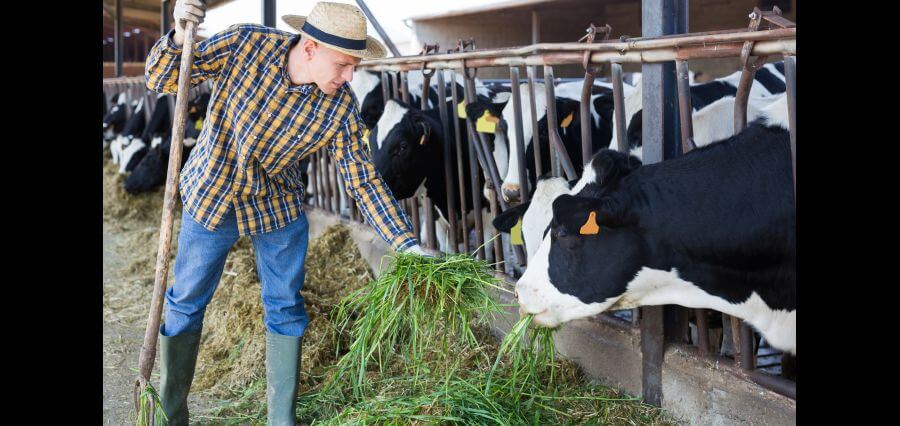The recent identification of a second human case of bird flu linked to dairy cows in the U.S. has raised concerns among Canadian dairy farmers and veterinarians. While the H5N1 virus has not yet been detected in Canadian dairy cattle, the potential impact on the country’s 11,000 dairy farms has prompted some farmers to take precautionary measures, such as stocking up on personal protective equipment (PPE).
The latest patient, a farm worker in Michigan, had mild eye symptoms and has recovered, according to state health officials. In March, the first patient, a dairy farm worker in Texas, had eye redness and discomfort. In cows, the H5N1 virus has resulted in decreased milk production, loss of appetite, and fever.
To prevent infections, the U.S. Centers for Disease Control and Prevention has recommended that jurisdictions make PPE available to dairy and poultry farms with infected animals. Affected states have begun offering supplies, but the situation in Canada varies among provinces.
Ontario already provides farmers with free PPE, including delivery to the farm, through Supply Ontario. However, as of May 15, no orders had been received. Farmers in Ontario can also contact their local public health unit or the Ontario agriculture ministry for support in ordering the necessary supplies.
In contrast, Quebec, British Columbia, Alberta, Manitoba, and P.E.I. do not currently offer PPE to farmers. The Canadian Centre for Occupational Health and Safety states that after identifying risks to workers, employers must implement appropriate measures.
The Public Health Agency of Canada is advising people who have close contact with animals or work in contaminated environments to take precautions such as wearing eye protection, masks, protective clothing, and thoroughly washing their hands. These measures could become essential for dairy farmers in Canada if the H5N1 virus is detected in their herds.
As the situation evolves, Canadian dairy farmers and authorities are closely monitoring the spread of bird flu and taking steps to protect the industry. The potential impact on the country’s dairy sector, which supports nearly 86,000 jobs in Ontario alone, underscores the importance of proactive measures to prevent and manage the spread of the virus.
Read More: Click Here





